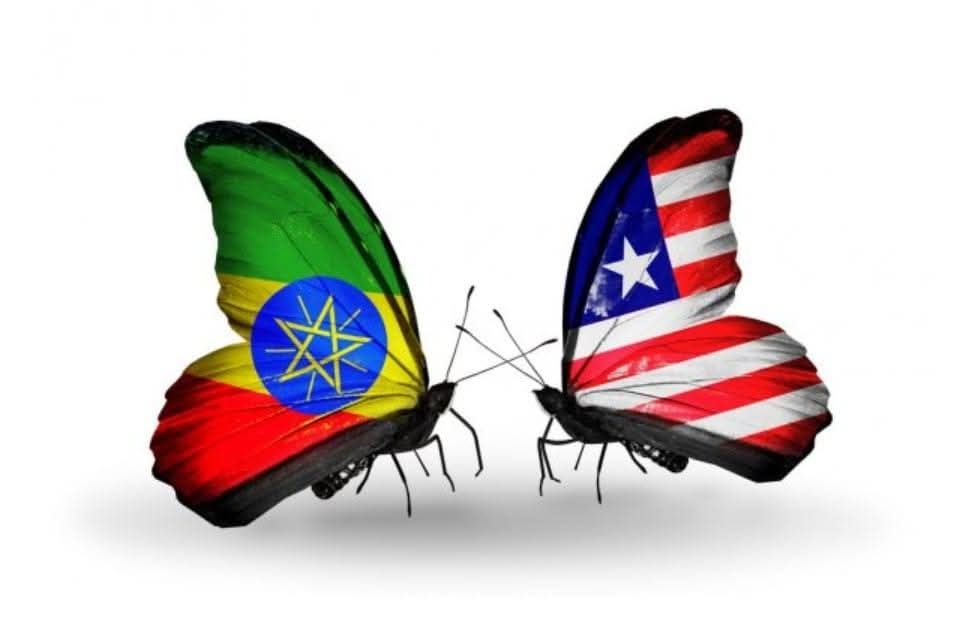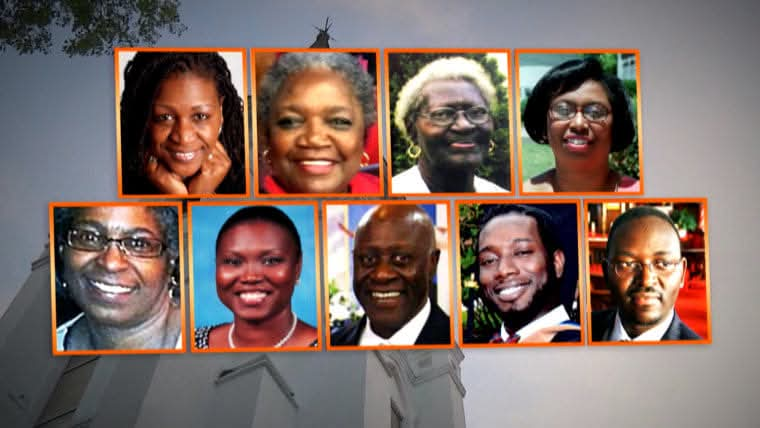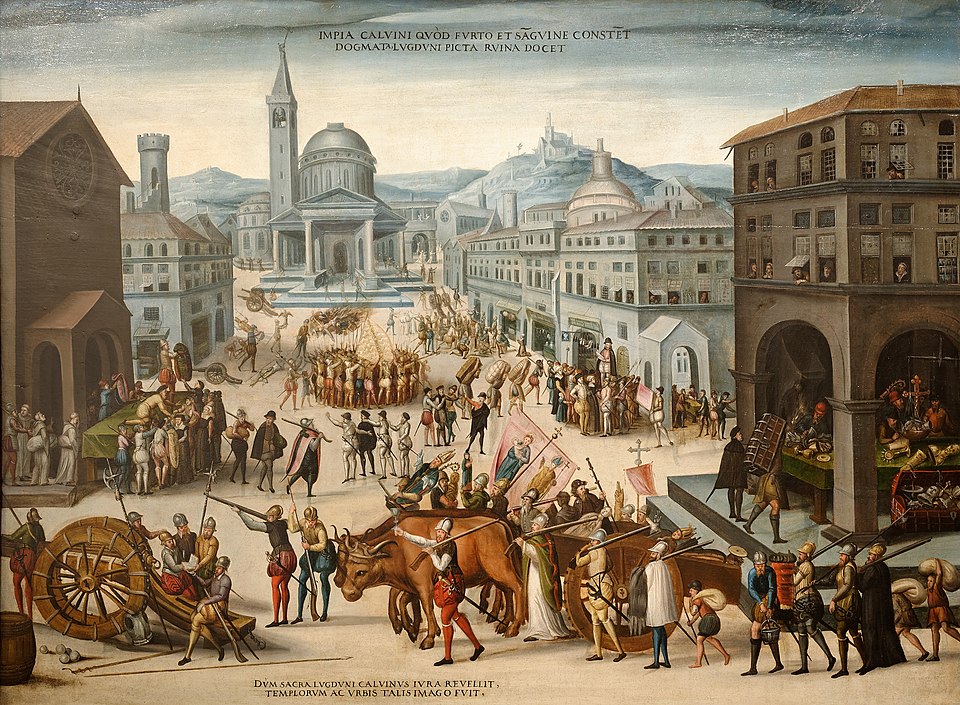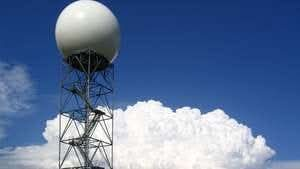Nigeria's First General Election
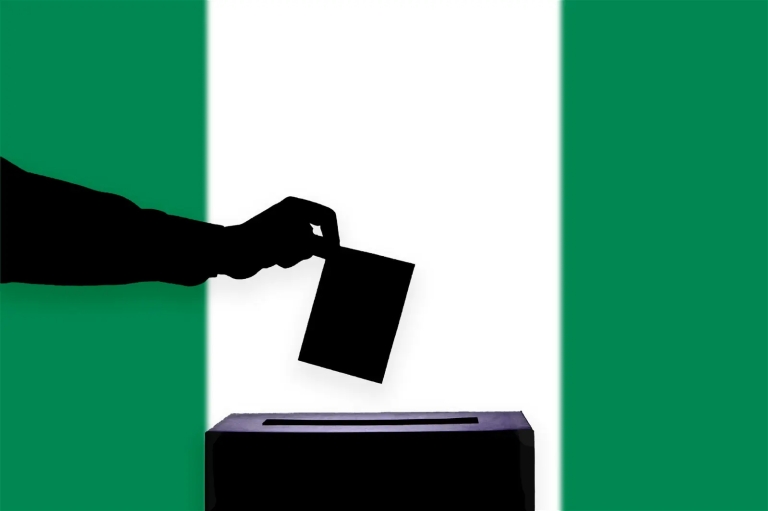
Did you know that while the first general election that was ever held in Nigeria was the 1923 general election on 20 September 1923, the first elective election was introduced in May 1919?
The history of elections in Nigeria dates back to the colonial period when the country was a British colony. General elections were held in Nigeria for the first time on 20 September 1923, an exercise wherein the Nigerian National Democratic Party (NNDP) won three of the four elected seats in the Legislative Council. However, elective democracy had been introduced in Nigeria in May 1919, when the Townships Ordinance gave the right to vote for three members of Lagos Town Council to some men. The first elections to the council were held on 29 March 1920.
In 1922, a new constitution, known as the Clifford Constitution named after Governor Hugh Clifford, was promulgated, which introduced four elected seats to the Legislative Council, three for Lagos and one for Calabar. The 1922 Nigeria (Legislative Council) Order in Council provided for a 46-member Legislative Council, of which 23 were ex-officio officials, four were nominated officials, up to 15 were appointed unofficial members and four were elected.
The 23 ex officio officials included the Governor, the Chief Secretary and their deputy, the Lieutenant Governors and secretaries of the Northern and Southern Provinces, the Attorney General, the Commandant of the Nigerian Regiment, the Director of Medical Services, the Treasurer, the Director of Marine, the Comptroller of Customs, the Secretary of Native Affairs, together with ten senior residents.
The franchise was restricted to men aged 21 or over who were British subjects or a native of Nigeria who had lived in their municipal area for the 12 months prior to the election, and who earned at least £100 in the previous calendar year. The right to vote was withheld from those who had been convicted of a crime and sentenced to death, hard labour or prison for more than a year, or were of "unsound mind". Only around 4,000 people registered to vote in Lagos out of a population of 99,000, whilst just 453 registered in Calabar.
All eligible voters could also run as candidates unless they had an undischarged bankruptcy, had received charitable relief in the previous five years or were a public servant. Candidates were required to obtain the nomination of at least three registered voters and pay a £10 deposit. Electoral regulations were passed on 1 June 1923, setting out details of how the elections would be carried out, including the creation of an electoral register. The term of the council was five years.
Ten candidates contested the three Lagos seats: Egerton Shyngle (NNDP), Eric Moore (NNDP), Crispin Adeniyi-Jones (NNDP), Orisadipe Obasa (People's Union), and five Independent candidates namely Adeyemo Alakija, Frederick Mulford, George Debayo Agbebi, A.M. Harvey, Candido da Rocha, and M.N.B. Wilson; whilst four candidates (all Independent) ran for the single seat in Calabar: Kwamina Ata-Amonu, A. Archibong, C. W. Clinton, and Essien Essien Ofiong.
The new Legislative Council was inaugurated on 31 October. In 1926, a by-election was held in the Lagos seat following Egerton Shyngle's death, and was won by John Caulcrick of the NNDP. In 1927 two of the commercial members were replaced; R. F. Irving became the member for Lagos on 1 February and H. S. Feggetter of Elder Dempster Lines became the shipping representative on 4 April.
Moving forward, the 1999 general election marked the beginning of a new era in Nigerian politics, as it marked the end of military rule and the return to civilian democracy. The election was held under the supervision of the Independent National Electoral Commission (INEC), which was established to oversee the electoral process and ensure that it was free and fair. Since the return to civilian rule, Nigeria has held several general elections, including 2003, 2007, 2011, 2015, and 2019, and 2023 general elections.
Sources:
https://asaolusam.wordpress.com/2022/12/18/the-history-of-nigeria-election-the-struggles-and-wins/ https://en.m.wikipedia.org/wiki/1923_Nigerian_general_election
#penglobalhistory
